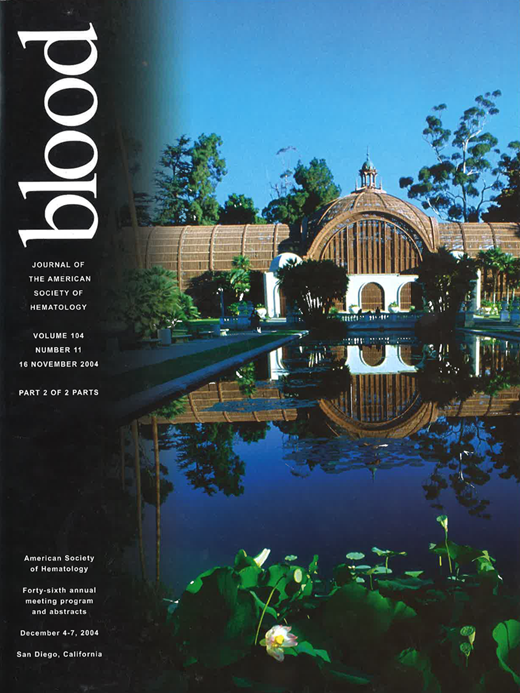Abstract
Mantle cell lymphoma (MCL) is a distinct subtype of malignant lymphoma with an especially poor prognosis and a median survival of only 3–4 years. In 1996, the European MCL Network initiated a randomized trial to improve the otherwise dismal outcome of MCL, comparing early consolidation with myeloablative radiochemotherapy (TBI 12 gray, cyclophosphamide 120 mg/kg bw) followed by autologous stem cell transplantation (ASCT) to a conventional a -interferon maintenance (6x106 IE IFNa 3x weekly) in first remission after a CHOP-like induction regimen. Until March 2004, a total of 269 previously untreated patients (up to 65 years) were randomized upfront. 189 (82%) of 230 patients with advanced stage MCL completed initial induction chemotherapy and 142 (75%) achieved either a complete (45 pts., 24%) or partial response (97 pts, 51%). 122 pts proceeded to consolidation therapy, 62 pts received ASCT consolidation and 60 patients were assigned to IFN maintenance.
Patients in the ASCT study arm experienced a significantly longer progression-free survival (PFS) as compared to patients in the IFNa arm. The PFS at 2 years was 73% after ASCT as compared to only 43% in the IFNa arm (p = 0.0108). Similar results were achieved in the intent to treat analysis of all initially randomised MCL patients (p=0.0001). Accordingly, this advantage resulted in a trend towards an improved overall survival (OS) in the ASCT arm. After a follow-up of up to nearly 7 years (median follow-up of patients: 2.8 years), 3 year survival after ASCT was 83% in comparison to 77% under IFNa maintenance (p = 0.18). As expected, acute toxicity was higher in the ASCT group with an early mortality of 4.8%, whereas long-term effects were more frequently encountered under IFNa maintenance.
Conclusion : In first line treatment of advanced stage MCL, dose-intensified consolidation with myeloablative radiochemotherapy followed by ASCT after CHOP-like induction results in a significant prolongation of PFS. Current study concepts evaluate the benefits of combined immuno-chemotherapy to further improve the overall survival.
Author notes
Corresponding author

